Podcast List

Living with Crohn’s disease as a teenager, managing symptoms, and finding support.
Speaker(Founder) shares personal experience with Crohn’s disease, highlighting challenges and coping
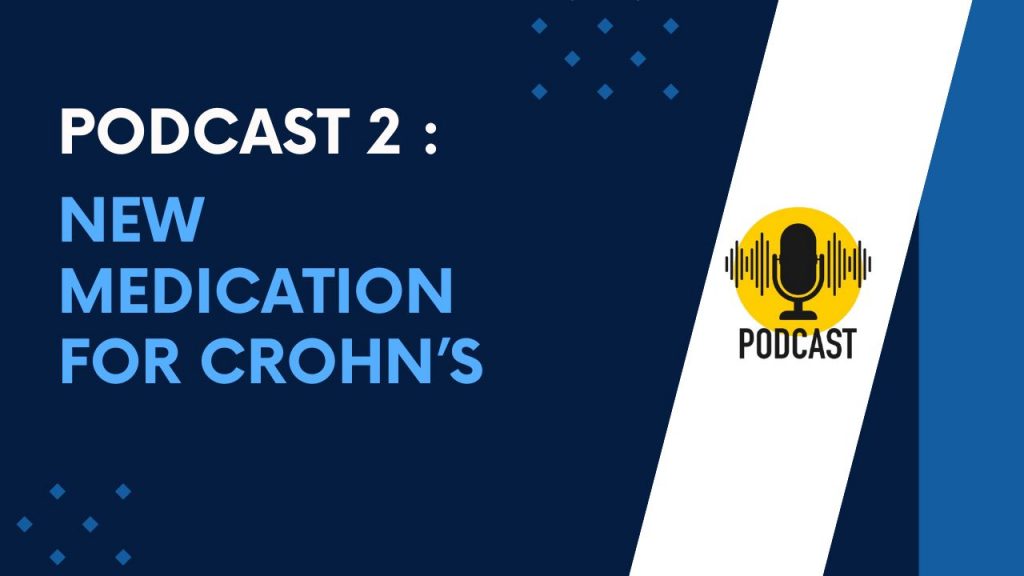
In this episode, Anya discusses a recent breakthrough in the treatment of Crohn’s disease, focusing on a new medication called upadacitinib. This medication, recently approved by the FDA after a successful phase three trial, is a selective Janus kinase inhibitor that targets specific inflammation pathways.
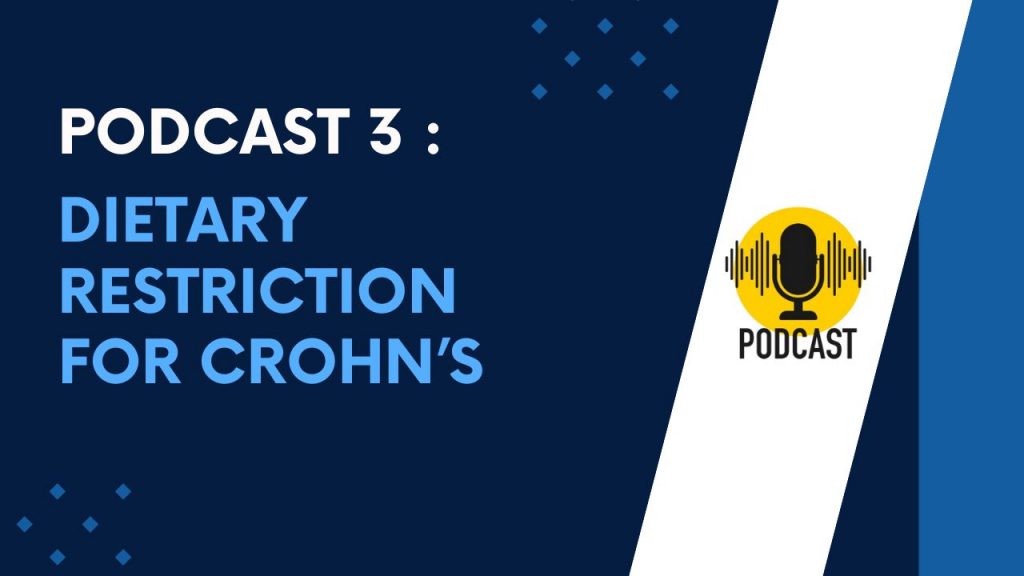
In this episode host Anya discusses the crucial role of diet in managing Crohn’s disease. She talks about the importance of tracking food intake through a food diary to identify potential triggers and consulting a healthcare provider for personalized advice. Key dietary tips include eating smaller, more frequent meals, focusing on low-fiber foods during flare-ups, and staying hydrated, especially during diarrhea.
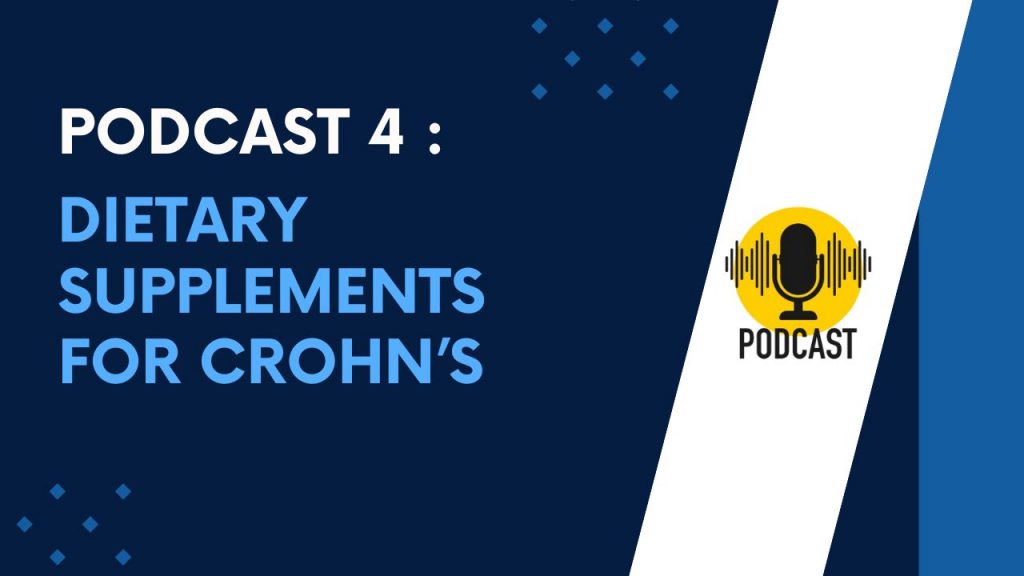
In this episode ,host Anya discusses the role of supplements in managing Crohn’s disease, focusing on how they can help address nutrient deficiencies caused by the disease. She explains that due to inflammation in the digestive tract, people with Crohn’s often struggle with nutrient absorption, leading to deficiencies in essential vitamins and minerals like vitamin D, calcium, iron, vitamin B12, and folate.
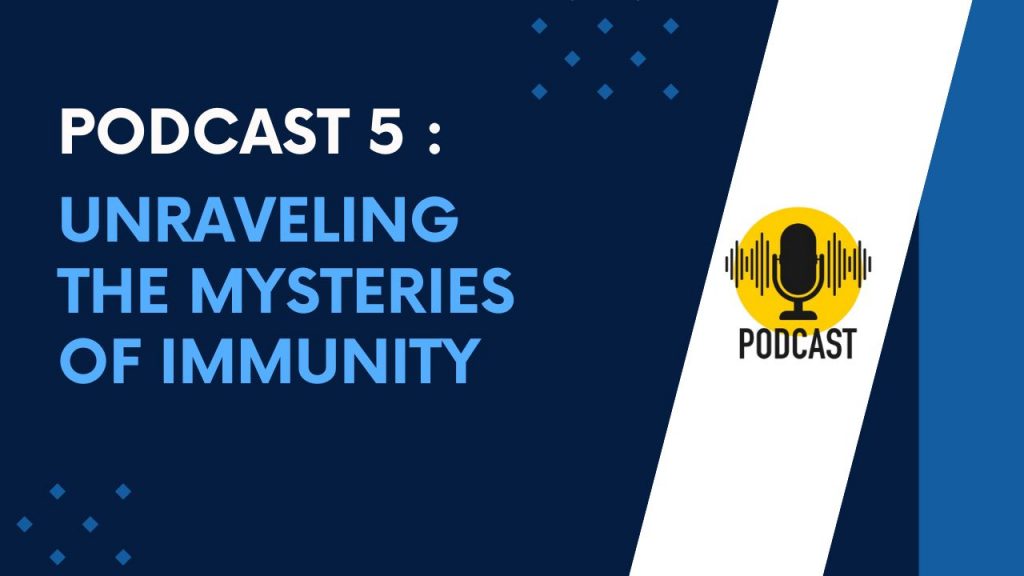
In this episode, Anya Lachwani sits down with the brilliant Alessandra Veinbachs to explore the fascinating world of immunology. Ally talks about her education journey and motivation to pursue both an MD and PhD in Immunology. From personal journeys to groundbreaking research, Anya and Alessandra delve into the intricacies of the immune system and its profound impact on human health. Learn why immunology is the key to unlocking the secrets of countless diseases and shaping the future of medicine.
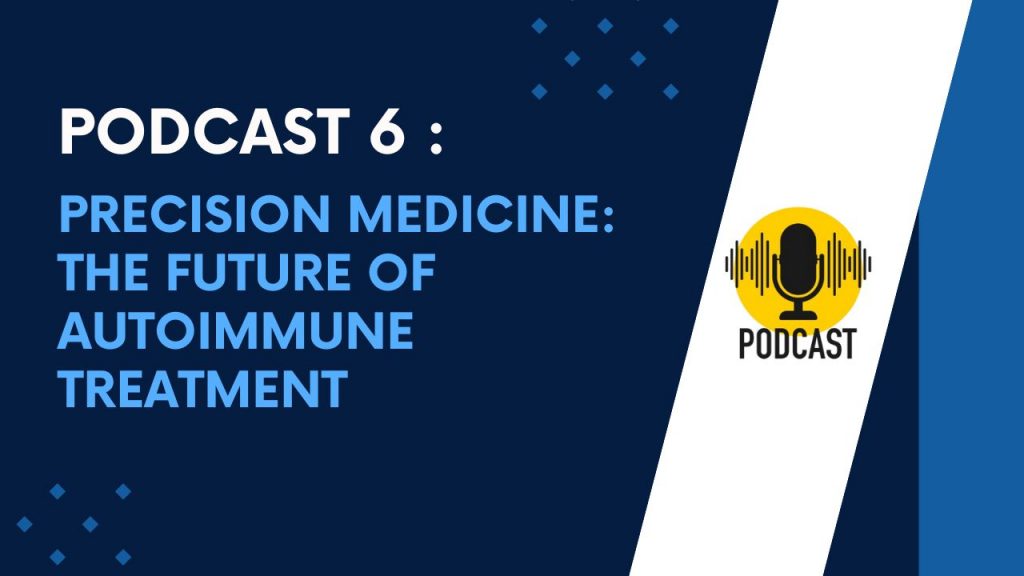
In this episode, Anya Lachwani and Alessandra Veinbachs delve deeper into the exciting world of personalized medicine for autoimmune diseases. They discuss groundbreaking advancements in biologics and CAR T cell therapies, and highlight the crucial role of both clinical practice and research in developing effective treatments. From understanding the complexities of autoimmune diseases to the potential for life-changing therapies, Anya and Alessandra inspire listeners to consider a career in physician-scientist research and make a lasting impact on patient care.

Anya Lachwani continues her in-depth exploration of immunology with Alessandra Veinbachs. In this episode, Anya shares her personal battle with autoimmune thyroiditis, shedding light on the challenges faced by millions living with autoimmune diseases. Alessandra discusses the limitations of current treatment options and sparks excitement with the potential of groundbreaking therapies like biologics and cell-based treatments. Together, they delve into the promise of personalized medicine in tailoring treatments for individual patients. Don’t miss this powerful conversation as they uncover new hope for those affected by autoimmune diseases.
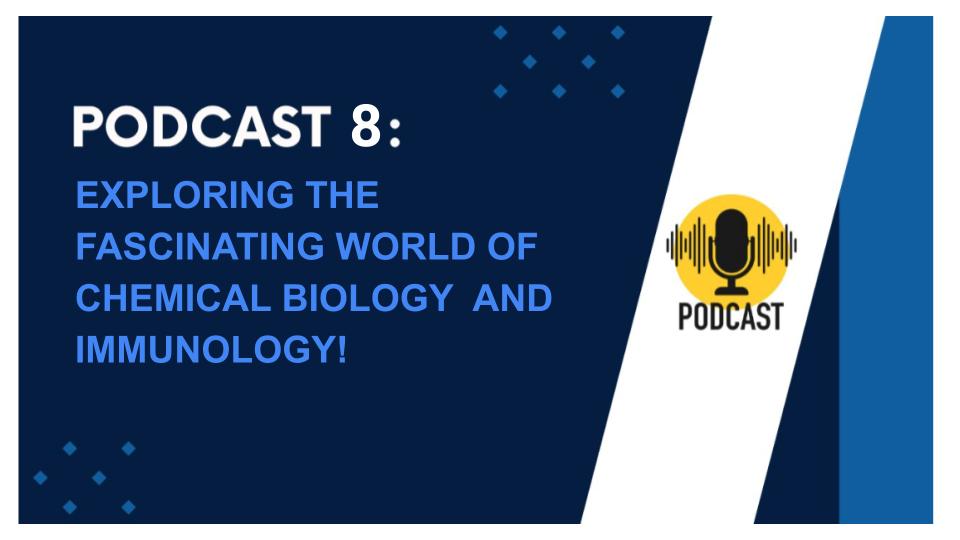
Anya Lachwani interviews Wenqi Shen, a PhD candidate in Chemical Biology at UCSF. Wenxi shares her journey from Beijing to the U.S., starting with a bachelor’s at the University of Wisconsin-Madison, where she researched turtle sex differentiation and bacterial quorum sensing. Her PhD at UCSF focuses on developing small molecules to enhance immune cell recognition of cancer cells. Wenxi describes chemical biology as using chemistry to understand and manipulate biological processes, and immunology as a complex, interconnected system that drew her interest during her graduate school rotations.
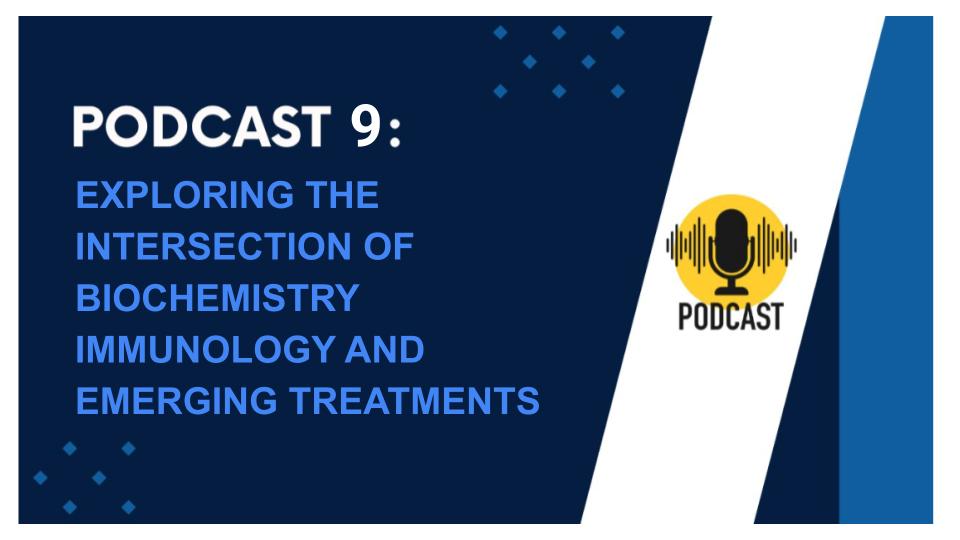
In this podcast, Anya and Wenqi continue to discuss immunology, focusing on its role in understanding the immune system’s defense against diseases like cancer and autoimmune disorders such as Crohn’s disease and ankylosing spondylitis. They touch on the correlation of these diseases with the HLA B 2701 gene. The discussion also covers the fascination with biochemistry, particularly cell interactions and bacterial communication, and the use of advanced microscopy and X-ray crystallography.
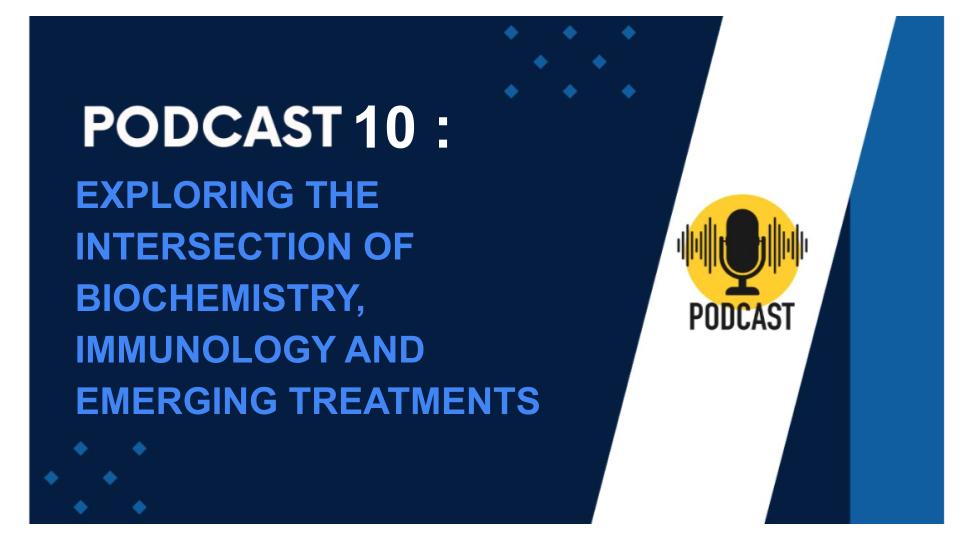
In this podcast, Anya and Wenqi focus on the intersection of biochemistry and autoimmune disease, particularly the HLA B 5701 allele’s role in drug-related hypersensitivity reactions in HIV patients treated with abacavir. Wenqi emphasized the importance of understanding autoimmune diseases at a molecular level and highlighted the benefits of attending conferences like the Gordon Research Conference and local immunology retreats for networking and learning. Wenqi’s research aims to use chemistry to enhance immune recognition of cancer cells and potentially develop targeted therapies for autoimmune diseases, moving beyond traditional immune suppressant treatments.

Anya, the founder of Support for Crohn’s, interviews Dr. Peter Bruno, a genomic immunologist from the University of California San Francisco. Dr. Bruno explains his research in immunology, focusing on how genes influence the immune system. He discusses autoimmune diseases, defining them as uncontrolled immune reactions against the body’s own tissues. Women are three times more likely to suffer from autoimmune diseases, and these diseases are more prevalent in developed countries due to the hygiene hypothesis. Dr. Bruno describes the immune system as a delicate balance, and he provides an example of multiple sclerosis, suggesting that molecular mimicry with Epstein-Barr Virus may trigger the disease.

In this podcast, Anya and Dr. Bruno continue from the previous discussions.The conversation delves into the link between Epstein-Barr Virus (EBV) and multiple sclerosis, suggesting that EBV reactivation in B cells may trigger MS flares. Multiple sclerosis is described as an autoimmune disease where T cells attack the central nervous system, leading to severe, often progressive symptoms. The role of both genetic and environmental factors in autoimmune diseases is debated, with a focus on the major histocompatibility complex (MHC) genes on chromosome 6 as key determinants. The potential for personalized medicine based on genetic predispositions is briefly mentioned.

In this podcast, Anya and Dr. Bruno continue the discussion focused on the role of MHC genes in personalized medicine for autoimmune diseases, emphasizing the high genetic variability among individuals, even twins. The conversation highlighted advancements in cancer therapy, particularly T-cell manipulation for lymphoma, leukemia, and multiple myeloma, and its application in treating severe multiple sclerosis and type 1 diabetes. Future prospects include targeted therapies using CRISPR technology to address specific disease-causing proteins. The importance of genetic diversity in MHC genes and the need for continued research and support from institutions and donors were also emphasized.
